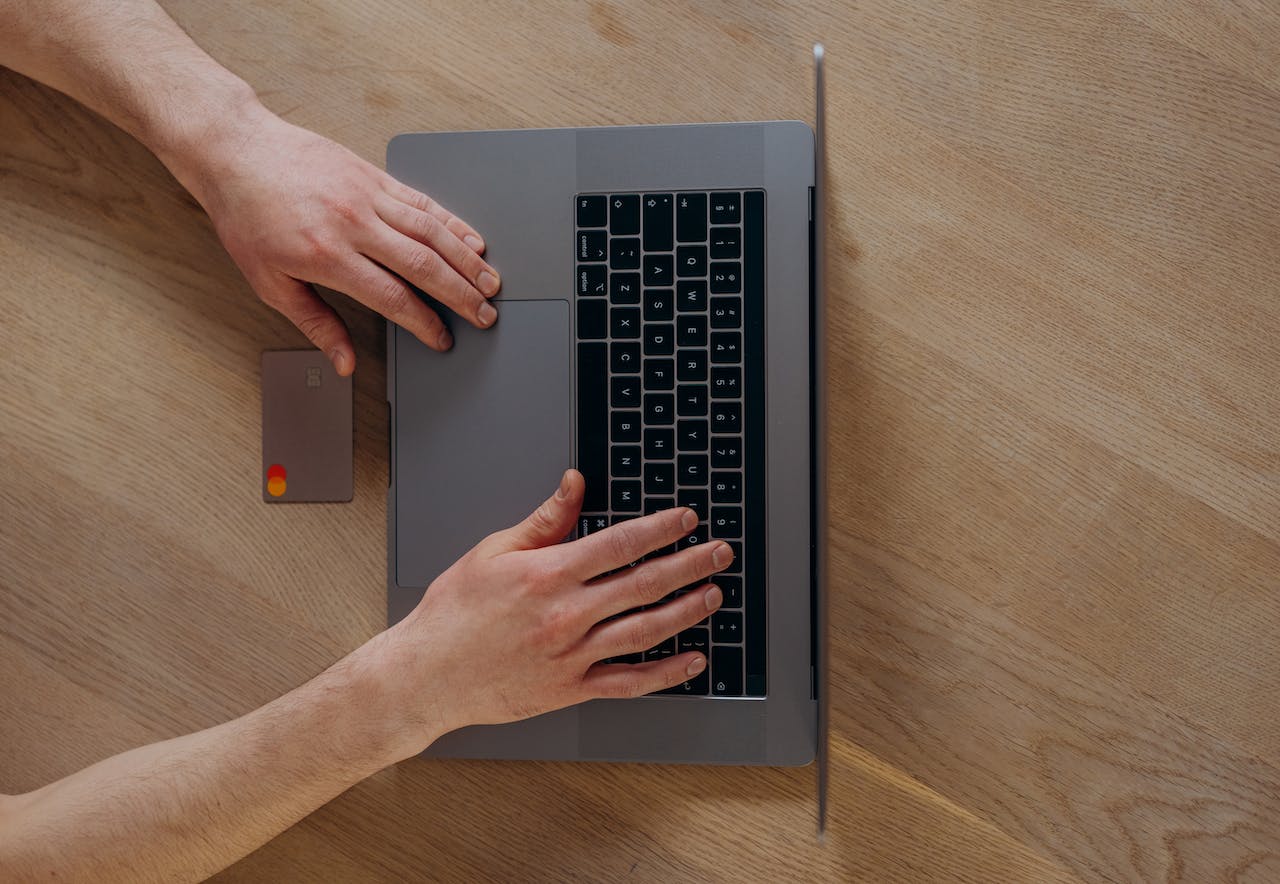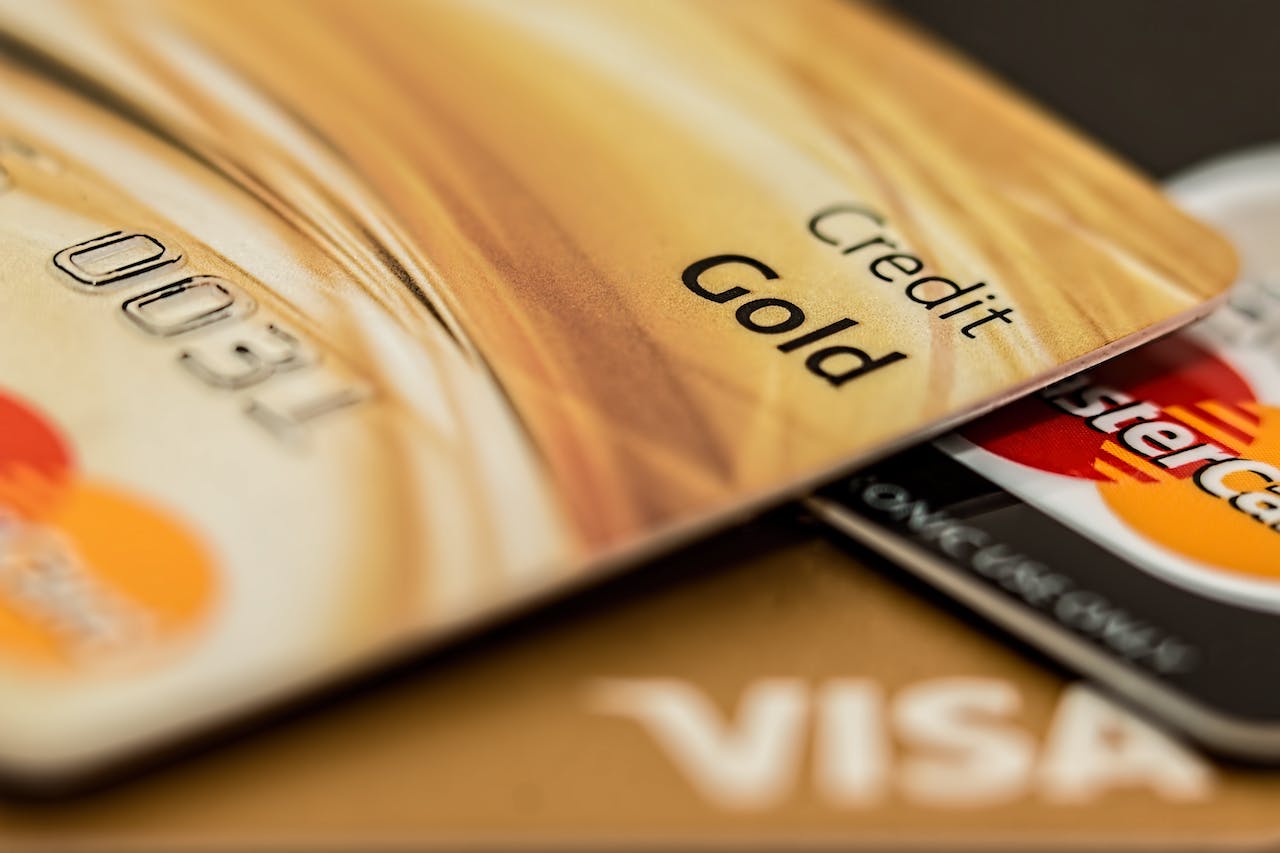
In the fast-paced world of commerce, credit card transactions serve as the lifeblood of business operations. The efficacy and reliability of credit card processing equipment are pivotal, particularly in deal marketplaces where every transaction counts. This article navigates the critical components and necessary equipment for a seamless credit based card finalizing apparatus necessary equipment from the deal marketplace.
What Is Credit Card Processing?
Accepting credit card payments is straightforward enough: a consumer presents their card, you handle it, and if you use Square, the funds are sent into your account the next business day. However, there's a lot more going on behind the scenes. The card processing mechanism is then put to use in this situation.
Many parties are participating in the card processing chain, each of them managing a critical stage, from the time you tap or insert the card until the money is deposited. Understanding how it all works can help you identify potential cost areas and guide your choice when selecting a credit card processing system for your company.
Credit Based Card Finalizing Apparatus Necessary Equipment From The Deal Marketplace - Small Process
Choosing a processor and then deciding which payment technology to use are the first steps in accepting credit and debit cards.
Determine The Type Of Processor You Need
What matters most when selecting a credit card processor is what you look for in a business of this kind. Due to their absence of costs, PayPal and Square, for instance, are excellent options for startups and small enterprises processing a small number of transactions.
However, because of their higher credit card processing fees than other solutions, high-volume enterprises may not necessarily find them to be a cost-effective option. Think about your values when selecting a processor, including prices, service, and technology.
Competitive Rates
Don't always search for the best deal. Specific rates, which are limited to a certain kind of transaction, might be misleadingly low when they are promoted. When comparing prices, keep in mind that many businesses additionally impose different monthly and yearly fees.
Knowledgeable And Available Customer Service
What will you do if your payment system malfunctions during business hours? What is the fallback method for handling card payments? How will it be resolved, and how can you get in touch with your processor's customer support team? You need a processor that will assist you and be there for you when you need it since you cannot afford to have any downtime.
Fast, Secure, And Reliable Payment Equipment
Although there are many different types of payment equipment available, not all processors provide them. A processor can assist you in selecting the equipment that will work best for your company.
Consider How You Will Accept Credit Cards
When you start taking credit cards, it's usually because your clients want to use them or because it makes bookkeeping simpler. Thus, it's essential to take into account how your clients utilize their credit cards. If most customers enter your physical location and swipe their cards, you may need to allow that payment option.
On the other hand, you could also like to take credit cards by phone, email, mobile, or other means. Knowing what payment methods you'll take helps you in deciding what kind of credit card processing hardware you'll require.
Examine Pricing Models And Fee Structures
This is one of the more difficult steps in the purchasing process since each processor has quite different pricing strategies and charge structures. A number of different pricing models determine the prices you will pay on certain transaction types.
In addition to a tiny transaction fee determined by your monthly processing volume, average ticket size, industry, and processing history, the majority of processors charge 2% to 4% of the transaction value. Furthermore, processors often impose several fees.
Compare Quotes
Reduce the number of applicants on your list to three by using the criteria mentioned earlier. Next, get in touch with a quotation requester at each of these three credit card processors. It's very uncommon for processors to negotiate, so feel free to do so, particularly if you've previously had quotes from other businesses.
Once you've compared bids, approach one or two of the businesses with the most affordable prices for a contract. Remember, however, that the lowest rate isn't necessarily the best. Think about the extra services that each business provides to enhance your offering.
Critical Components Of Credit Card Finalization Equipment
Point of Sale (POS) Systems: These systems have metamorphosed from mere transactional tools to multifaceted business management hubs. They now offer inventory management, sales analytics, and customer relationship management.
EMV Card Readers And Contactless Payment Devices
With the surge in chip card technology, EMV card readers play a pivotal role in securing transactions. Additionally, the rise of contactless payments highlights the need for devices accommodating these seamless transactions.
Payment Gateway Integration
These gateways are the vital link between transactions and banks, ensuring smooth passage and verifying the authenticity of transactions.
Security Measures
Encryption and tokenization are the armor protecting sensitive data. They shield against potential breaches and fraud, which is crucial in a marketplace dealing with high volumes of transactions.
What Is POS - Its Importance For The Transaction Process
Retail consumers utilize a device called a point of sale, or POS, to handle transactions. One kind of POS is a cash register. Electronic point-of-sale (POS) terminals that accept both credit and debit cards have replaced cash registers.
A point of sale (POS) may be a physical item at a physical shop or the checkout area of an online retailer. Point-of-sale (POS) software is becoming more and more complex, including functions that let merchants keep an eye on purchasing and inventory patterns, measure the correctness of their prices, and gather marketing data.
Understanding POS
Marketing professionals should pay close attention to understanding Points of Sale (POSs) since they are key areas where customers often make judgments about high-margin goods and services. POSs are often placed next to shop entrances by companies in an effort to boost the number of impulsive purchases made by departing clients.
Retailers may have additional opportunities to micromarket certain product categories and sway customers sooner in the sales funnel, however, if they move the POS locations.
For instance, department shops often have point-of-sale systems (POSs) for certain product categories, such as clothing, electronics, and appliances. Instead of only handling transactions, the assigned personnel may actively push items and assist customers in making judgments about what to buy.
Similar to this, a point-of-sale system's format may influence revenue or customer purchasing decisions by providing them with a variety of alternatives.
Signs You May Need To Upgrade Your POS System
If a business has been using the same point-of-sale system for a while, owners should be cautious. It is conceivable that in a few years, problems will arise with the system. To speed up payment processing, you may need to update to a better version if you see any of the following symptoms:
Payments Take A Long Time To Process
You may need to upgrade your system or think about partnering with a top credit card processor if clients are required to wait for extended periods for transactions to complete. You may have also begun to notice problems like freezing or irregular processing.
The POS System Lacks Mobility
The mobile user experience was not optimized in earlier systems. Customers should find it as simple as possible to complete transactions on several platforms. There should never be restrictions on how quickly POS systems may be linked.
Customers And Staff Have Reported Technical Issues
If there are regular complaints about the POS's bad user experience, you may want to assess the current setup and make an updated investment.
The POS System Lacks Reporting Capabilities
Modern point-of-sale systems that create information in real-time assist company owners in making choices in real-time claims Leebro POS. Options like staff time monitoring, sales tracking, and return totals should be included in reports.
Hardware Issues Are Occurring
Think of a more contemporary alternative if your point-of-sale system has problems such as power outages. Cloud-based solutions are the preferred option for most upgrading businesses.
Not only do cloud-based point-of-sale systems save all of your data, but they also spare you from frequent hardware problems. You can decide not to continue spending money on an antiquated point-of-sale system since repairs for older models can be costly.
What Is The Future Of POS Systems?
By 2028, it is anticipated that the worldwide POS software market will reach $20 billion, primarily due to the rising use of mobile, contactless payments and cloud-based POS software.
When customers begin to make more and more purchases online, point-of-sale (POS) systems will only grow in importance as a full, integrated solution. Younger generations will gain greater buying power because they are more likely to utilize social media to make purchases, shop online, or employ artificial intelligence systems to guide their purchases.
Emerging Technologies
As point-of-sale systems grow more sophisticated, they will need the integration of cutting-edge technology such as chatbots, camera vision, sensors, self-checkout, and more.
Artificial intelligence (AI) will probably someday be integrated with modern point-of-sale (POS) systems, combining massive volumes of data to provide trend reports, buyer-specific suggestions, and other insights. AI, combined with motion analytics or object identification, may potentially be used to stop theft.
Changing Consumer Behavior
POS systems will need to adjust to the ways that millennials and Gen Z behave as their buying power moves to them. Buy Online Pickup in Store (BOPIS) is a popular option among younger buyers in the United States, which has the biggest pickup economy globally.
Retailers must make sure their point-of-sale systems are accessible on social media platforms like Instagram and TikTok since customers are increasingly making purchases and checking out straight from such platforms.
Enhanced Security
In the future of point-of-sale (POS) systems, cybersecurity will play a bigger role, just as it does in many other developing technologies and digital systems. Cybercriminals often target the retail sector, with a large number of their hacks aimed at retail financial data.
A wealth of transaction data, personally identifiable information, and credit card details may be found in point-of-sale (POS) systems. Future POS software will feature improved cybersecurity capabilities, fraud detection, firewalls, loss prevention, and more since POS systems in retail, restaurants, and the hospitality industry are more vulnerable to various assaults.
Credit Based Card Finalizing Apparatus Necessary Equipment From The Deal Marketplace - FAQs
What Are The Four Steps In A Credit Card Transaction?
A credit card transaction consists of the following four steps: financing, batching, clearing and settlement, authorization, and authentication.
What Is The Machine Used For Credit Cards?
All that a credit card reader and PIN pad are is a credit card machine. A point-of-sale system (POS) is a comprehensive checkout terminal that includes a cash register, credit card reader, monitor, tablet, and printer.
What Is Credit Card Based System?
A bank issues a credit or debit card to the cardholder, who then utilizes the account to make purchases of goods and services.
How A Credit Card Is Processed?
The issuing bank bills the cardholder's account for the total amount of the transactions. Subsequently, the issuing bank sends the merchant bank the necessary money for the transactions, less interchange costs.
What Is A Payment Processing System?
The series of steps that safely move money from a payer to a payee is known as payment processing. It usually entails using electronic payment systems for transaction authorization, verification, and settlement.
What Is Important In Credit Cards?
Always set up 40% or more of your credit limit for unexpected expenses. Use your card just for prearranged transactions and schedule your purchases. Steer clear of impulsive credit card purchases.
What Is A Credit Card Issuer Processor?
For financial organizations that issue payment cards to their clients, an issuer processor is in charge of overseeing the intricate procedures involved in the authorization, clearing, and settlement of electronic payment transactions.
What Is The Credit Card Processing Cycle?
No matter what kind of transaction has been executed, there are four important milestones in each credit card life cycle, much as the four main moon phases are a component of the circle of life. This covers batching, clearing, settlement, and payment authorization.
How Much Is A Card Processor?
A merchant's sales income will be deducted from the average credit card processing charge, which typically ranges from 1.5 to 3.5 percent.
Conclusion
The landscape of credit based card finalizing apparatus necessary equipment from the deal marketplace is ever-evolving. Selecting the right equipment isn't merely a choice; it’s a strategic decision. Understanding these essential components and adapting to emerging trends are imperative for businesses aiming to thrive in the competitive marketplace.



